Humans
Sign up for our newsletter
We summarize the week's scientific breakthroughs every Thursday.
-
 Life
LifeHydrogen sulfide offers clue to how reducing calories lengthens lives
Cutting calories boosts hydrogen sulfide production, which leads to more resilient cells and longer lives, a new study suggests.
-
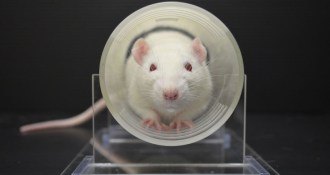 Animals
AnimalsThe scent of a worry
The smell of fear makes other rats stressed. Now, scientists have isolated the Eau de Terror that lets rats communicate their concerns.
-
 Health & Medicine
Health & MedicineSome heart patients do better when the doctor’s away
When cardiologists are away at national conferences, patients with acute heart conditions are more likely to survive, a study shows.
-
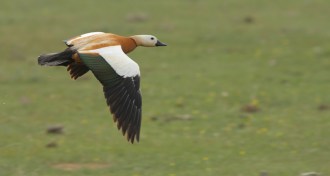 Life
LifeBird flu follows avian flyways
A deadly bird flu virus spreads along wildfowl migration routes in Asia.
-
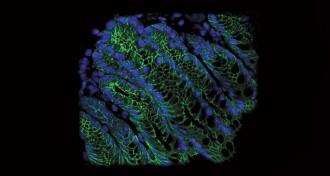 Microbes
MicrobesThe year in microbiomes
This year, scientists pegged microbes as important players in several aspects of human health, including obesity and cancer.
By Meghan Rosen -
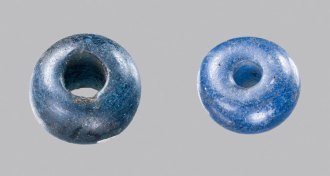 Archaeology
ArchaeologyAncient Egyptian blue glass beads reached Scandinavia
Chemical analysis of Danish discoveries extends northern reach of Bronze Age trade.
By Bruce Bower -
 Environment
EnvironmentAir pollution linked to autism
Air pollution may double a pregnant woman's risk of having a child with autism, a new study suggests.
-
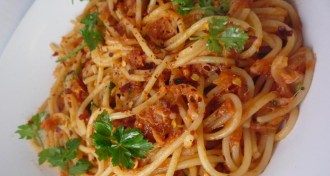 Health & Medicine
Health & MedicineEating only low glycemic index foods may not help the heart
Eating healthy carbs with high glycemic index scores is not bad for your heart, a new study suggests.
-
 Health & Medicine
Health & MedicineElectric detection of lung cancer
In 1964, researchers hoped to improve lung cancer diagnosis by measuring the skin’s electrical resistance.
-
 Health & Medicine
Health & MedicineOld product might help smokers quit
A drug used in Eastern Europe for decades by people trying to quit smoking outperformed a nicotine patch in a six-month test.
By Nathan Seppa -
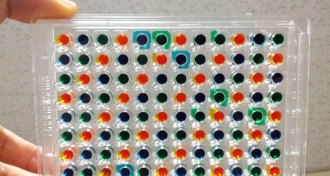 Life
LifeFast test reveals drug-resistant bacteria
A new test uses time-lapse photography to see within a few hours whether individual bacterial cells are vulnerable to antibiotics.
-
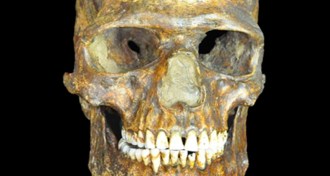 Humans
HumansYear in review: Old humans reveal secrets
DNA of the oldest modern humans is rewriting the prehistories of Europe, Siberia and the Americas.